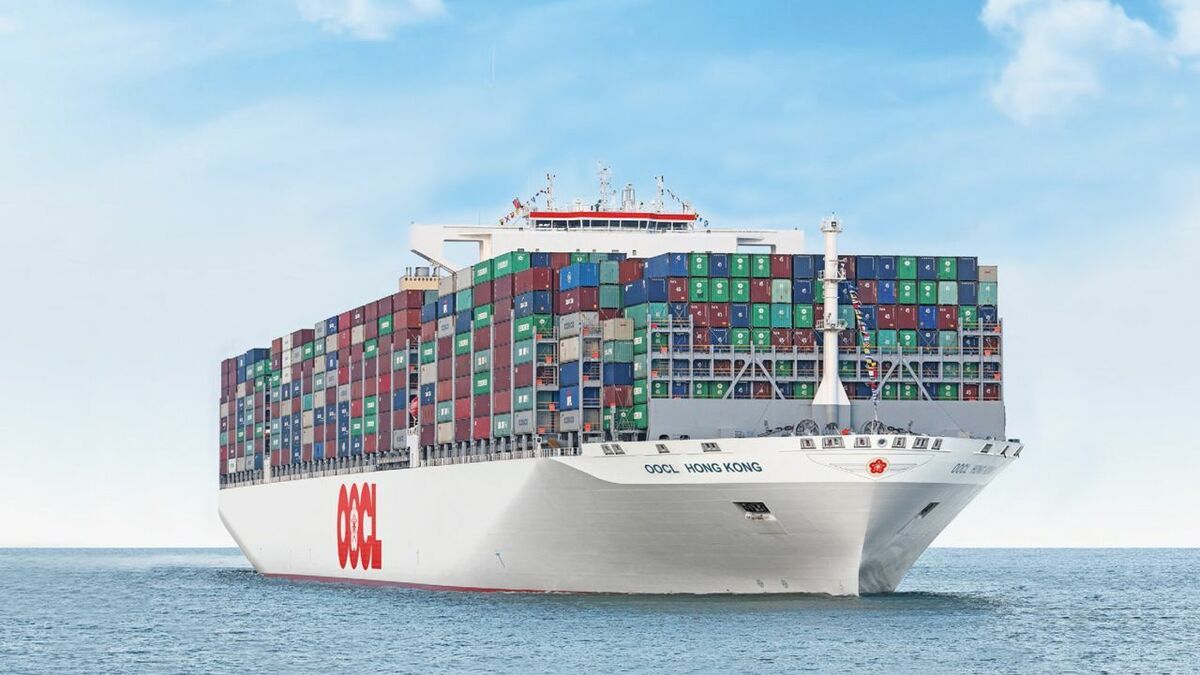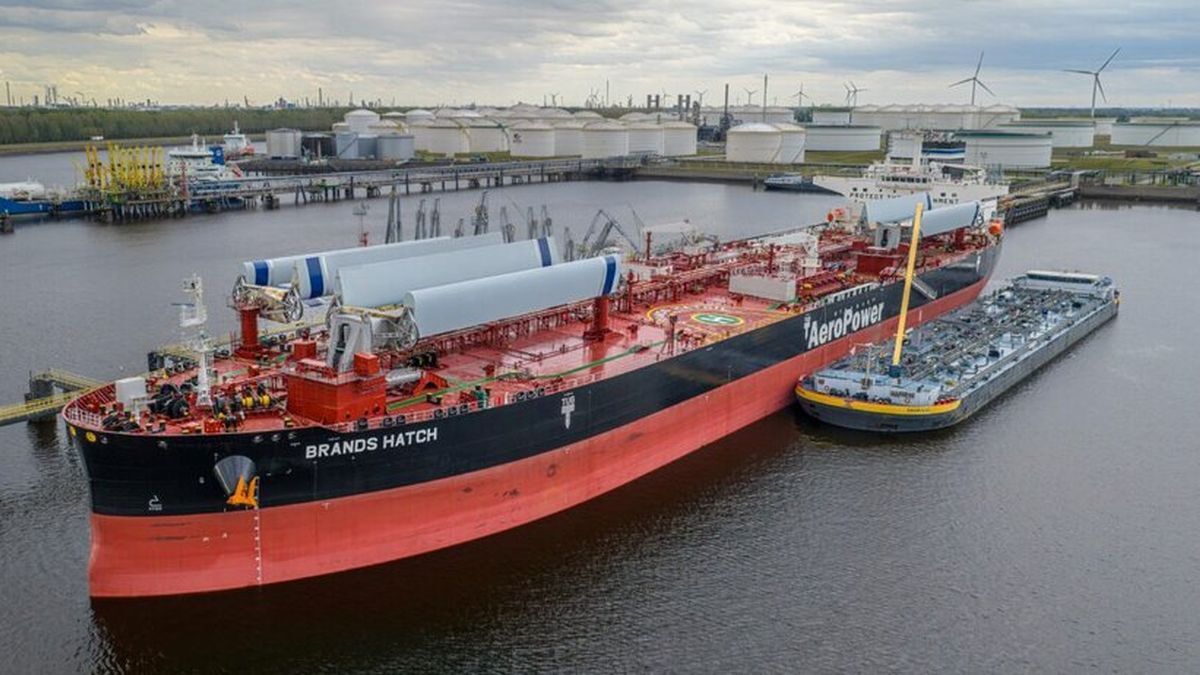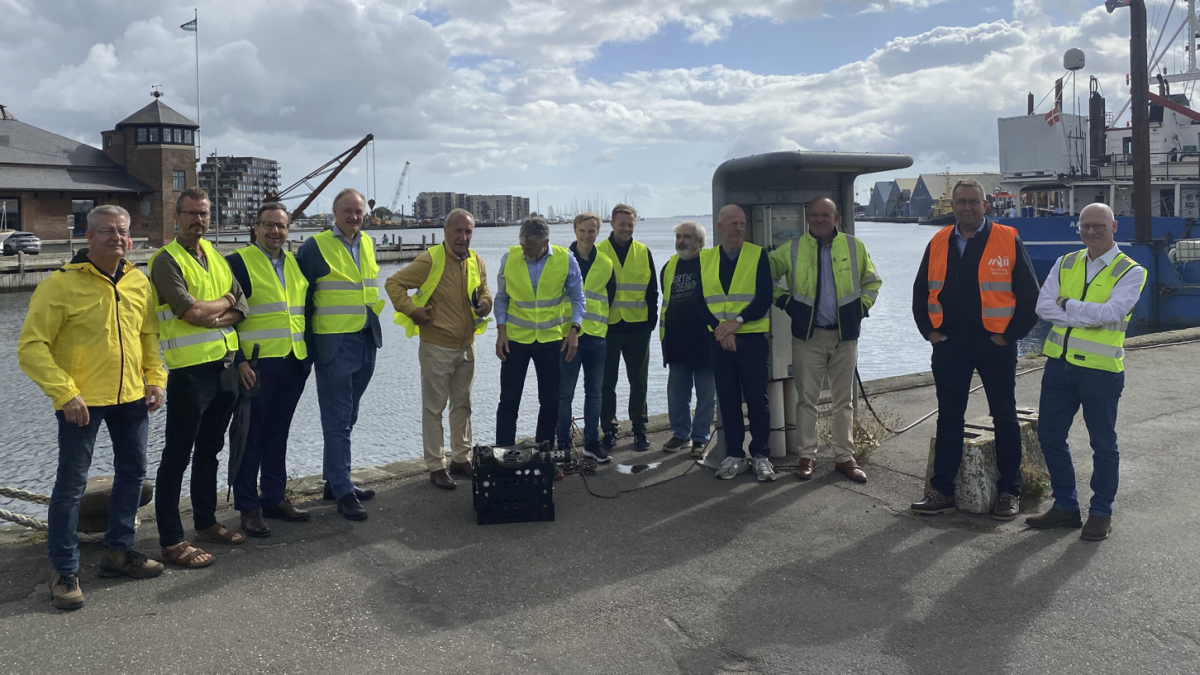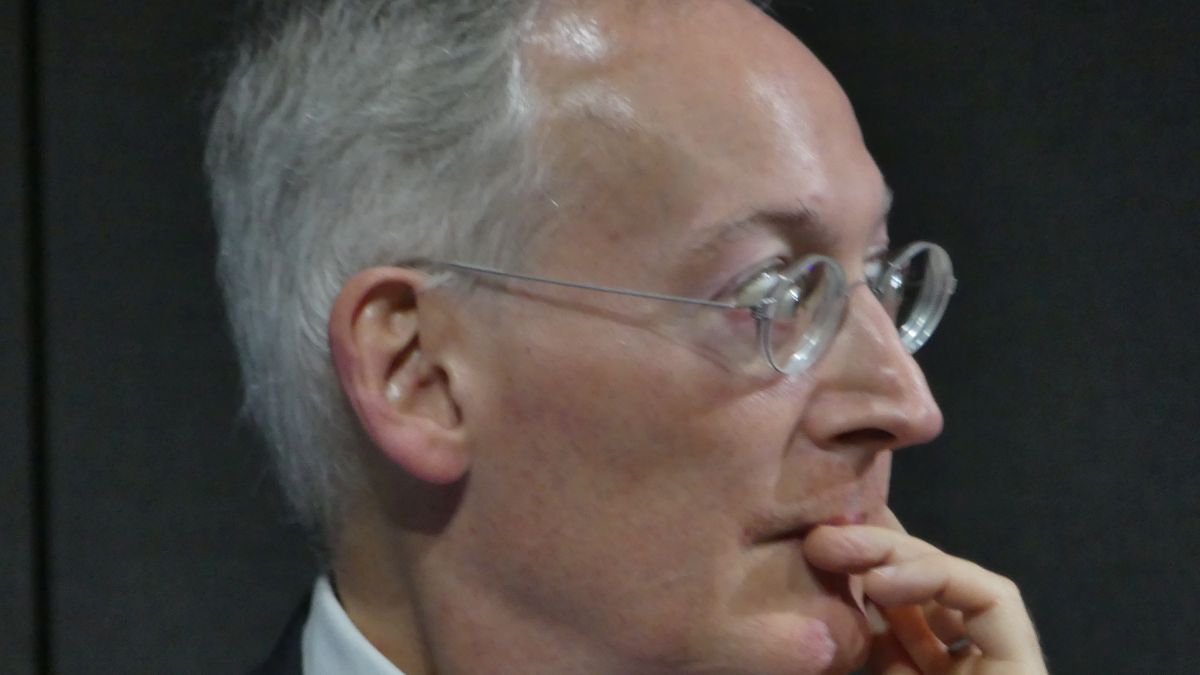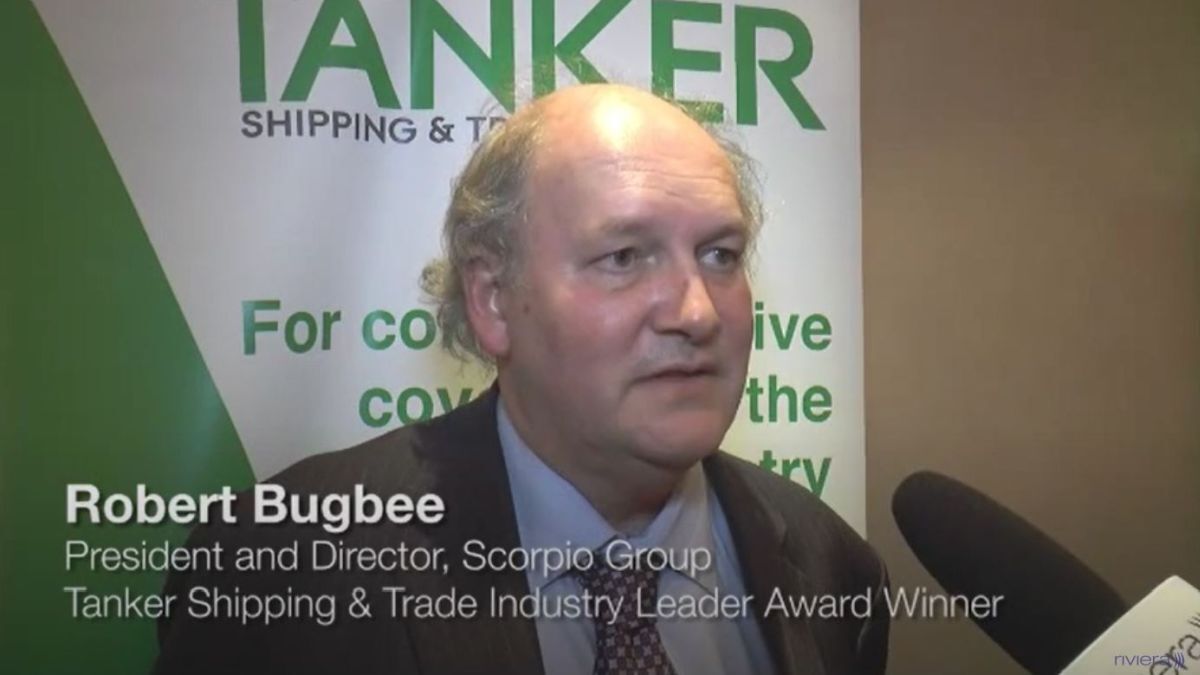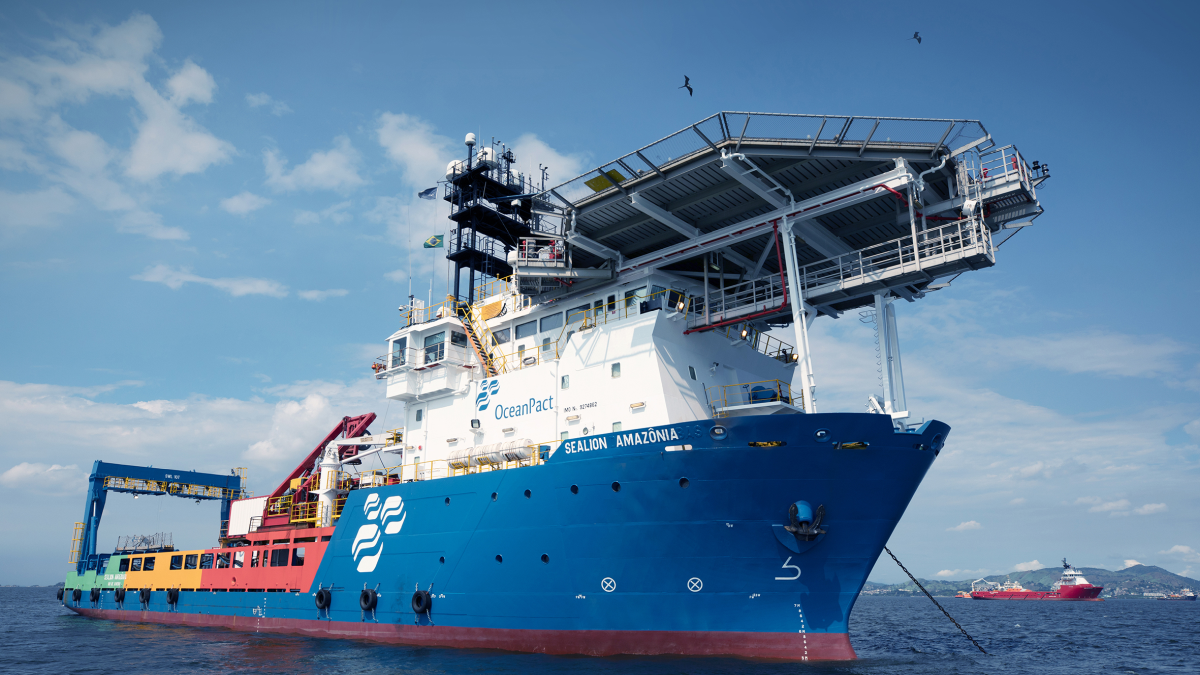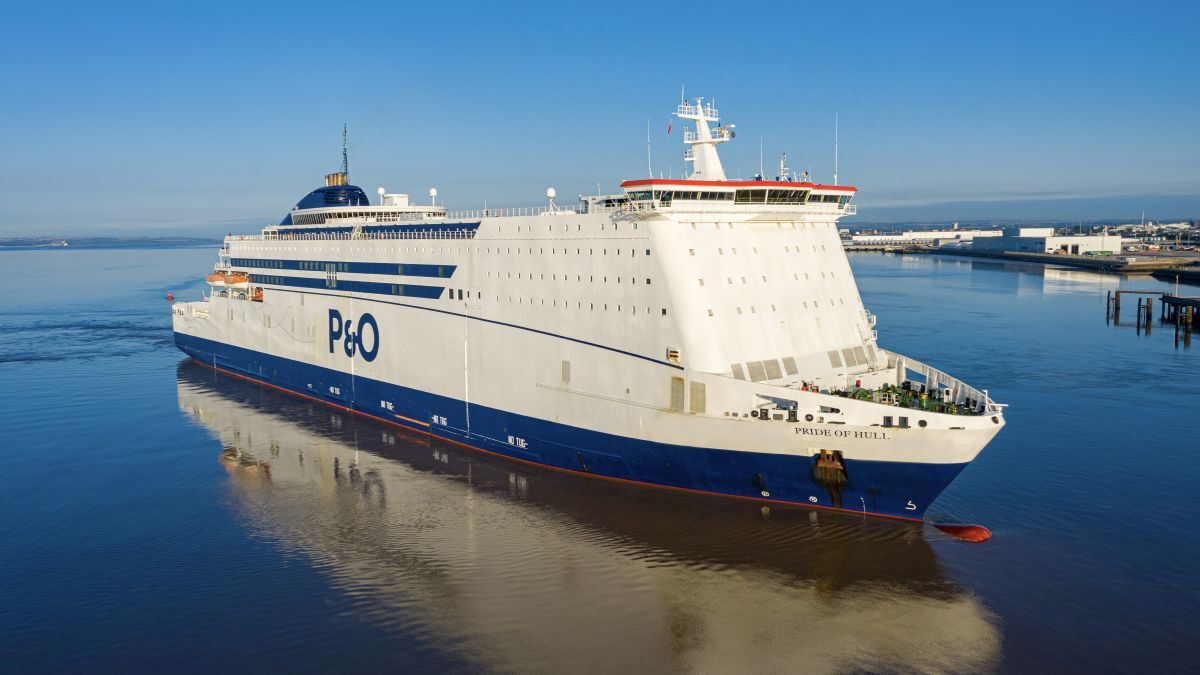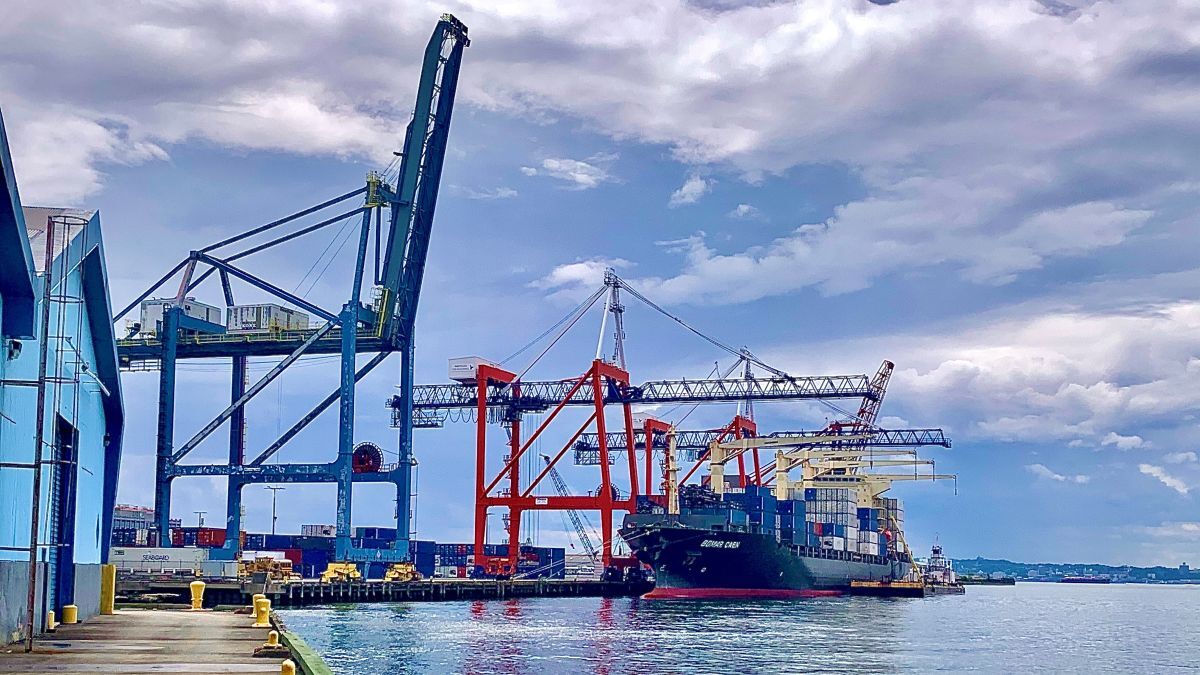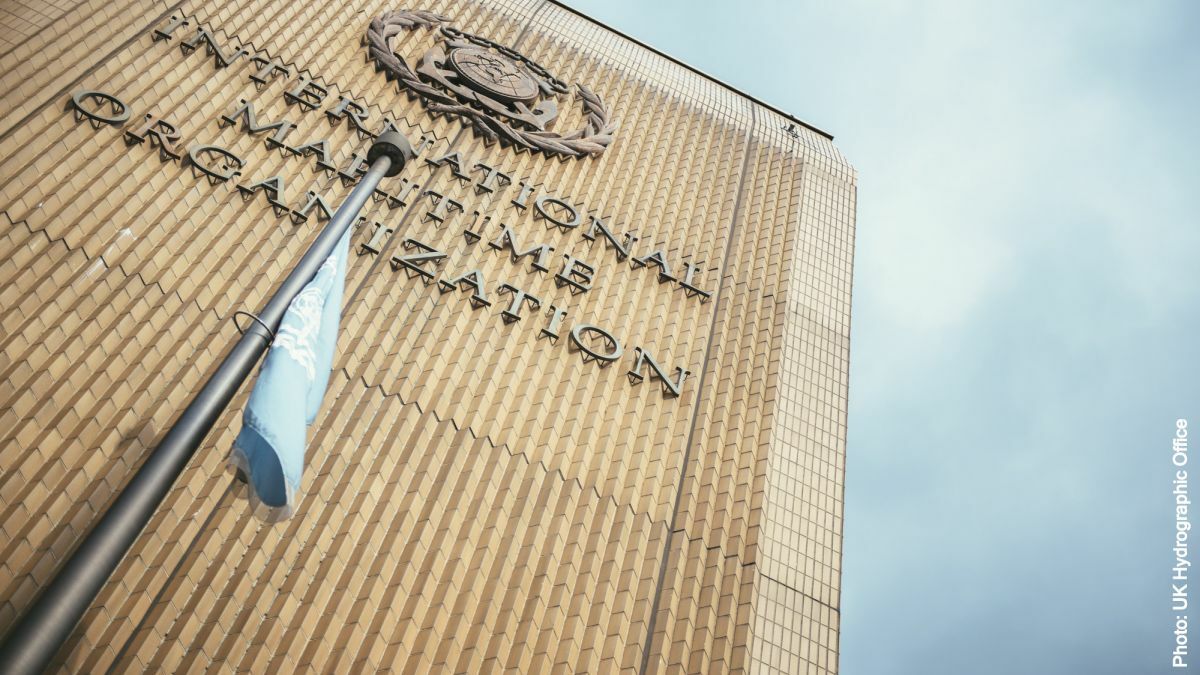Business Sectors
Events
Offshore Wind Webinar Week
Contents
Register to read more articles.
MSC, OOCL emerge as the most Scope 3-efficient carriers
Report reveals low-carbon leaders on Asia–Northern Europe trade lane
OceanScore’s second edition of its monthly Scope 3 at Sea report shows carrier choice can materially reduce Scope 3 emissions exposure, with MSC and OOCL offering shippers the strongest combination of scale, efficiency and predictability.
The report, published on 15 September, focuses on the Asia–Northern Europe trade lane for the period January-June 2025. It highlights “striking differences” in how major carriers balance scale, emissions efficiency and operational consistency.
MSC and OOCL emerged as the most efficient carriers on the Asia–Northern Europe trade lane, thanks to their combination of below-average carbon intensity, steadier speed profiles and consistent vessel utilisation.
The report said, “Both carriers operate a significant share of voyages on this corridor (18% for MSC and 14% for OOCL) meaning their operational choices have an outsized impact on shippers’ Scope 3 exposure. Importantly, their voyages show fewer extreme outliers compared to peers, offering shippers greater predictability and a lower risk of unexpected carbon spikes.”
“On a longhaul corridor like Asia–Northern Europe, the difference between vessels can be huge,” said OceanScore head of cargo solutions Thomas Smith. “A well-utilised, fuel-efficient ship can emit far less per container than one that sails faster or emptier, even on the same route. While shippers can’t control every operational decision, consistency is the trend that matters, and with voyage-level data, they can make smarter carrier choices that keep emissions and carbon costs down.”
The analysis benchmarks carriers on three key operational factors driving Scope 3 outcomes:
• Carbon intensity (gCO₂/tonne-km).
• Speed profiles (ULCV sailing speeds).
• Utilisation consistency (how steadily ships are filled).
A statement added, “This approach reveals not just which carriers emit less on average, but which offer predictable, lower-risk choices for shippers seeking to reduce carbon exposure and manage costs under tightening regulations.”
“What matters most is consistency: carriers that regularly make lower-carbon operational choices, through steadier speeds, stronger utilisation and fewer extremes help keep Scope 3 exposure lower and more predictable over time,” added Mr Smith.
OceanScore’s CargoFP solution combines real-time AIS tracking, AI-powered cargo estimation and modelled emissions to deliver voyage-specific CO2 calculations.
Riviera’s Maritime Decarbonisation Conference, Europe will be held in Amsterdam Schipol Airport, 30 September to 1 October 2025. Click here to register your interest in this industry-leading event.
Related to this Story
Events
Offshore Wind Webinar Week
Maritime Decarbonisation, Europe: Conference, Awards & Exhibition 2025
Offshore Support Journal Conference, Americas 2025
© 2024 Riviera Maritime Media Ltd.


